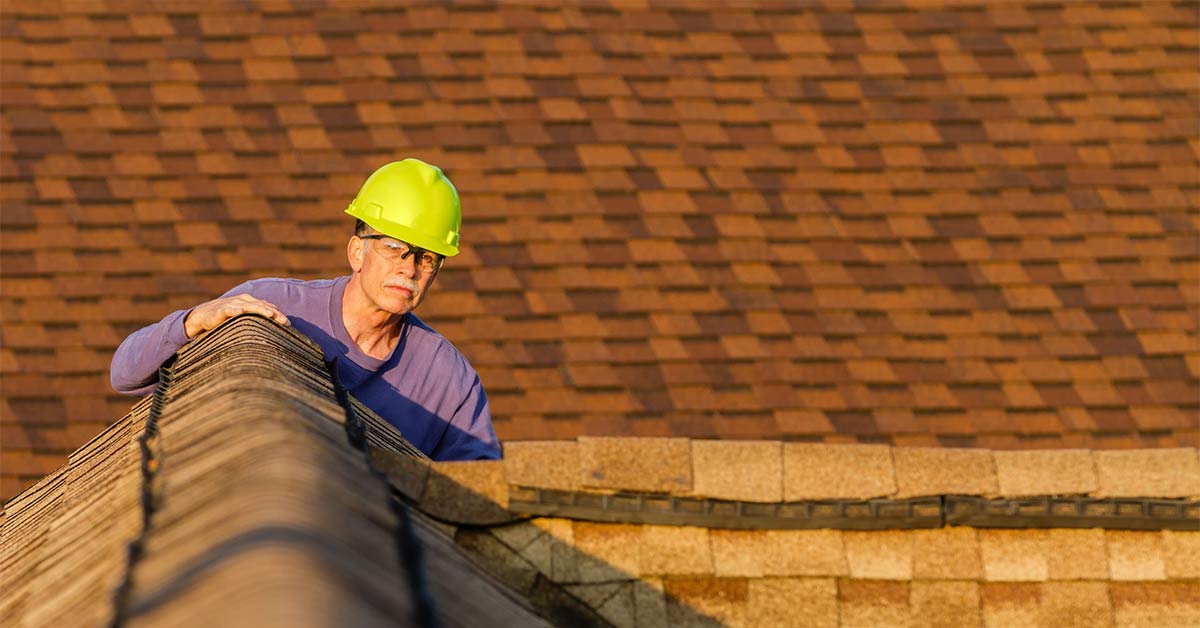Each year, certain parts of the country experience some kind of extreme weather. From hurricanes to tornados, these natural events are not only life-threatening, but they can also cause serve damage to your home and property. Depending on where you live, it’s essential for you and your family to be adequately prepared for hurricane season. Not sure how to prepare? Here are a few important steps to take before a storm hits.
1. Create a Hurricane Emergency Plan
Having an emergency plan is essential if you live in an area prone to hurricanes. Understanding what steps you and your family will take in the event of a storm will help you stay calm should you be ordered to evacuate.

To develop your emergency plan, first locate where you and your loved ones will go if instructed to evacuate. Your city may already have designated shelters in place for severe weather storms. You could also choose to stay with relatives or friends if they’re nearby and out of the danger zone. Regardless of where you decide, be sure to map out multiple routes, as storms often affect roads and transportation.
2. Prepare a Hurricane Emergency Kit
If ordered to evacuate, your priority should be to leave your home safely and as quickly as possible. To prevent unnecessary time trying to scramble essentials together, we recommend having (and regularly updating) an emergency kit that you can quickly grab and take with you. Your emergency kit should include the necessities required to live without electricity or running water for at least three days. Here are a few basics to include in your emergency kit:
- A portable radio
- Two flashlights
- Extra batteries
- Shelf-stable food
- Bottled water
- Basic first aid supplies
- Prescription medicine (if applicable)
- Pet food (if applicable)
- Basic hygiene items
- A whistle
- A charged phone and backup battery
- Basic tools (wrench, pliers, hammer)
- Duct tape, plastic ties, and garbage bags
- Local maps
- Change of clothes (include rain gear)
3. Review Your Insurance Policies
Before the start of each hurricane season, it’s best to review your insurance policies to verify your coverage.

A typical homeowners policy helps with repairing structural damage to your home, but it will not provide any protection against flood damage. In this case, you’ll need to purchase flood insurance. Keep in mind that some flood insurance policies require a waiting period of up to 30 days, so you’ll want to ensure you’re covered before a storm is announced. To avoid any delays, be sure to call your insurance agent to verify your coverage before a hurricane hits your home.
If you rent or own a condo, your renters or condo insurance will cover your personal property inside your unit. Your HOA or landlord’s insurance will typically cover the building itself.
Don’t forget to review your auto insurance as well, especially if you’ll be leaving any vehicles behind after evacuating. To cover the damage done by a hurricane, you’ll need to have comprehensive coverage.
4. Secure Your Home
While preventing a hurricane from reaching your home is impossible, there are ways to limit potential damage. So, here are a few ways you can secure your home if a storm is on its way to you.
- Trim or remove dying trees that may damage your home if they fall.
- Bring lightweight objects and outdoor furniture inside to limit potential projectiles.
- Anchor down objects that are too big to bring indoors.
- Reinforce your home’s doors and windows with plywood.
- If you have a two-story house, store valuables upstairs.
- Unplug all appliances and electronics.
5. Keep Inventory of Your Household Belongings

If it’s been announced that a hurricane will pass through your city, it’s best to have a record of your personal property. That way, if you end up having to file an insurance claim, you’ll have a list of items that need to be replaced. As with any claim, providing your insurance provider with this information as soon as possible can help speed up the claim process.
To create your inventory, go through each room of your house and list your items on a spreadsheet. For valuable items, be sure to include photos as well. Keep this spreadsheet readily available online and update it each year before the start of hurricane season.
6. What to Do During a Hurricane
If you find yourself in the middle of a hurricane, it’s essential to understand what to do. Finding protection from the wind and rain should be your first priority. Be sure to avoid windows and seek shelter in an interior room.
If the building you’re in begins to flood, attempt to reach the highest level of the building, but never climb into a closed attic. Doing so may cause you to become trapped by rising water. Finally, you should never attempt to walk or drive through flooded roads during a storm.
AIS Can Help Keep You Covered
Whether you’re preparing for your first hurricane season or looking to increase your coverage, AIS can help. Our team of knowledgeable insurance specialists will guide you through the process and help find you the best combination of coverage and price. To learn more about property or flood insurance for protection against hurricanes, give us a call today at (888) 772-4247.
The information in this article is obtained from various sources and is offered for educational purposes. Furthermore, it should not replace manuals or instructions provided by the manufacturer or the advice of a qualified professional. No warranty or appropriateness for a specific purpose is expressed or implied.


